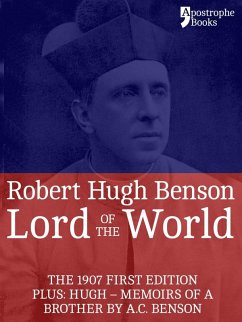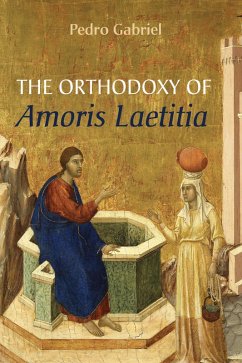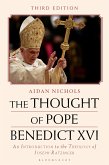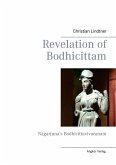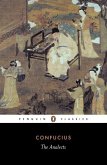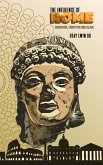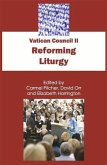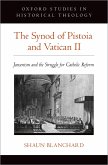"If you want to understand me," says Pope Francis, "read this book."
Speaking to a planeload of reporters on his way home from a visit to the Philippines in January 2015, the Pope explained that a reading of Lord Of The World would help people understand his fears for a secular society, including the promotion of contraception and gay marriage, a phenomenon he had described as "ideological colonisation" in Manila.
First published in 1907 as a response to the utopian, atheistic vision of British author H.G.Wells, Lord Of The World was written by Robert Hugh Benson, an Etonian author who also specialised in ghost stories.
Set in the 21st century, Lord Of The World sees socialists, humanists and Freemasons taking over a society where euthanasia is obligatory for the ill, Esperanto is the common language, and everyone travels by 'volor', a form of Zeppelin. Religion has been suppressed. The antichrist returns, becoming the president of the world before going to war with the Catholic Church, precipitating the end of the world.
Benson, formerly an Anglican priest, wrote his dark vision of the future, often cited as one of the first modern dystopias, after converting to Catholicism in 1904 and becoming a Catholic priest.
The youngest son of the Archbishop of Canterbury, Benson hailed from literary stock. One brother, Edward Frederic Benson, wrote the Mapp and Lucia comic novels, while another, Arthur Christopher Benson, wrote the words for Land of Hope and Glory, and also Hugh - Memoirs of a Brother, the biography that comes free with this profusely illustrated www.ApostropeBooks.com edition.
Speaking to a planeload of reporters on his way home from a visit to the Philippines in January 2015, the Pope explained that a reading of Lord Of The World would help people understand his fears for a secular society, including the promotion of contraception and gay marriage, a phenomenon he had described as "ideological colonisation" in Manila.
First published in 1907 as a response to the utopian, atheistic vision of British author H.G.Wells, Lord Of The World was written by Robert Hugh Benson, an Etonian author who also specialised in ghost stories.
Set in the 21st century, Lord Of The World sees socialists, humanists and Freemasons taking over a society where euthanasia is obligatory for the ill, Esperanto is the common language, and everyone travels by 'volor', a form of Zeppelin. Religion has been suppressed. The antichrist returns, becoming the president of the world before going to war with the Catholic Church, precipitating the end of the world.
Benson, formerly an Anglican priest, wrote his dark vision of the future, often cited as one of the first modern dystopias, after converting to Catholicism in 1904 and becoming a Catholic priest.
The youngest son of the Archbishop of Canterbury, Benson hailed from literary stock. One brother, Edward Frederic Benson, wrote the Mapp and Lucia comic novels, while another, Arthur Christopher Benson, wrote the words for Land of Hope and Glory, and also Hugh - Memoirs of a Brother, the biography that comes free with this profusely illustrated www.ApostropeBooks.com edition.
Dieser Download kann aus rechtlichen Gründen nur mit Rechnungsadresse in D ausgeliefert werden.

